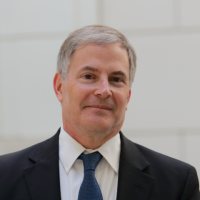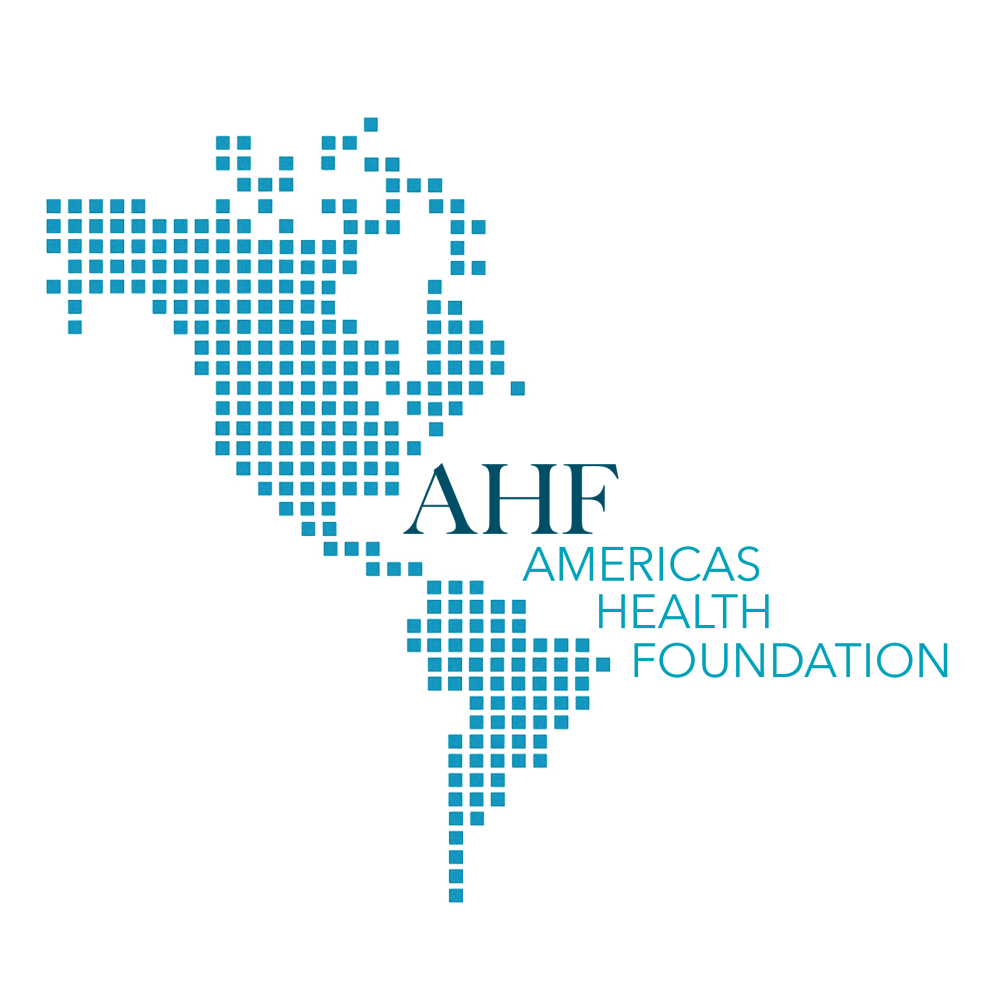The Awakening of Rare Diseases in Latin America
Rare diseases are primarily genetic disorders or medical conditions that individually afflict a small percentage of individuals but in aggregate affect about 350 million worldwide and about 40 to 50 million in Latin America. Across the Hemisphere, countries define rare disease based on different criteria. The lack of a unified definition, paired with limited public health policies to address rare disease needs and other challenges, obscures the standards for research, access to diagnosis, and management, which often do not meet patient needs. As a result, diagnosis may be elusive, and treatments can be practically and financially out-of-reach for many patients, particularly in countries where public health policies overlook rare diseases.
There are some 7,000 conditions generally recognized as rare diseases. Worldwide, these disorders affect about 350 million people, 40 to 50 million of whom reside in Latin America. Although increasing awareness of rare diseases has pushed several countries in the Americas to approve laws that ensure access to diagnosis and management for rare disease patients, many lack the resources and capacity to provide adequate care. Moreover, constraints on public health budgets generate pressure on health and finance ministries across the hemisphere in the context of spending on orphan drugs and other treatment options. As a result, public health officials are faced with difficult decisions as they seek to treat both rare and widespread diseases, which impact their populations.
Learn more about rare diseases in Latin America with this infographic.
Key Takeaways
- Written policies do not always translate to improved rare disease standards for diagnosis and treatment. The diagnostic odyssey faced by patients, families, and caregivers remains expensive, time consuming, and emotionally draining. The failure to fully implement laws, regulations, and policies marginalizes patients and their caregivers not only medically, but also socioeconomically. Expanding access to early diagnostic technology, improving medical education, and raising awareness of rare diseases can help turn codified standards into practical application.
- Public health ministries face an ethical crossroads between equity and equality: one of the most difficult obstacles for policymakers is the decision whether to authorize a million-dollar treatment for one child or to provide care at a rate of one dollar per capita for a million children. Decisions on how to allocate limited funds must resonate with society, and to do so, the rare disease policy conversation must involve the public at large, not just patients and their caretakers. Innovative financing mechanisms and models can be implemented to manage the high cost of testing and treatment for RD, such as shared financing between the health system and a designated fund for rare diseases.
- Patient associations play a pivotal role in pushing forward rare disease policies, especially when collaborating with lobbyists, government officials, academics, and pharmaceutical companies. Still, there is room to further professionalize advocacy, largely by focusing the narrative more directly on evidence-based solutions inspired by peer countries’ experiences rather than advancing emotional and sympathetic appeals. Ultimately, any effort to improve the rare disease landscape in Latin America requires coordinated efforts across the rare disease ecosystem’s stakeholders.
Speakers




Introduction

Moderator

Hosted By

Mexico Institute
The Mexico Institute seeks to improve understanding, communication, and cooperation between Mexico and the United States by promoting original research, encouraging public discussion, and proposing policy options for enhancing the bilateral relationship. A binational Advisory Board, chaired by Luis Téllez and Earl Anthony Wayne, oversees the work of the Mexico Institute. Read more


Latin America Program
The Wilson Center’s prestigious Latin America Program provides non-partisan expertise to a broad community of decision makers in the United States and Latin America on critical policy issues facing the Hemisphere. The Program provides insightful and actionable research for policymakers, private sector leaders, journalists, and public intellectuals in the United States and Latin America. To bridge the gap between scholarship and policy action, it fosters new inquiry, sponsors high-level public and private meetings among multiple stakeholders, and explores policy options to improve outcomes for citizens throughout the Americas. Drawing on the Wilson Center’s strength as the nation’s key non-partisan policy forum, the Program serves as a trusted source of analysis and a vital point of contact between the worlds of scholarship and action. Read more


Brazil Institute
The Brazil Institute—the only country-specific policy institution focused on Brazil in Washington—aims to deepen understanding of Brazil’s complex landscape and strengthen relations between Brazilian and US institutions across all sectors. Read more


Maternal Health Initiative
Housed within the Wilson Center's Environmental Change and Security Program, the Maternal Health Initiative (MHI) leads the Wilson Center’s work on maternal health, global health equity, and gender equality. Read more


Science and Technology Innovation Program
The Science and Technology Innovation Program (STIP) serves as the bridge between technologists, policymakers, industry, and global stakeholders. Read more




